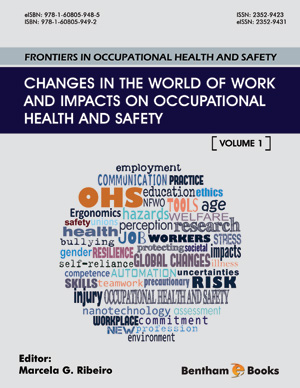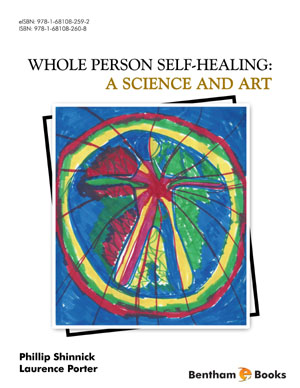Abstract
This chapter reviews the prevalence of depressive tendencies among adolescents, discusses individual and social risk factors and concludes by making a number of recommendations on how to promote positive mental health among adolescents. Significant individual processes related to pubertal development, vulnerability (in particular low self-esteem and negative body image) and identity confusion are discussed as significant individual processes that impact on the experience of depressive tendencies among adolescents. Significant social processes are also identified, including social support from parents, peers and others, type of relationship with parents, quality of friendships and bullying. The chapter discusses how stressful events may cause depression depending on the way the young person copes with the stress, as well the extent to which he or she is vulnerable and receives adequate social support. Girls are more at risk for developing depressive tendencies, and possible reasons for the gender differences are presented. This chapter discusses health promotion among adolescents in terms of increasing their control and improving how they cope with events that may compromise their life satisfaction and vitality. The main focus is on how to increase the possibilities for young people to meet successfully life challenges by improving their social competence, self-esteem and coping abilities, and strengthening social networks. A number of recommendations on how to promote mental health and prevent depressive tendencies among adolescents are suggested. These include programmes and interventions targeting the family, school, health services and public programmes at different societal levels.
Keywords: Depressive tendencies, depressed mood, mental health, body image, adolescents, risk factors, coping, gender, social network, health promotion initiatives, settings, ecological approach.












